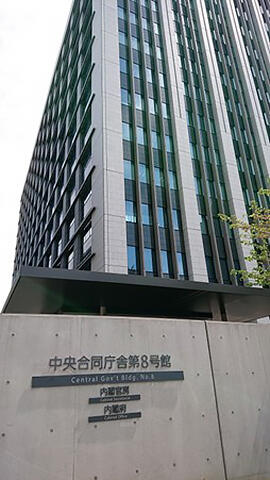
The Council for Science, Technology and Innovation (CSTI) convened to discuss the three pillars of strengthening the foundations of knowledge and enhancing human resource development, strengthening innovation capabilities, and promoting strategic research and development to realize a virtuous cycle of growth and distribution through science, technology, and innovation. It also decided on the state of world-ranked research universities and the regional core and distinctive research university comprehensive promotion packages, among other points of discussion. Prime Minister Fumio Kishida stated, "the most important pillar of socioeconomic transformation is science, technology, and innovation. Through this power, Japan will seek to resolve social issues such as digital issues, climate change, and economic security issues. At the same time, Japan will push these areas, which have been regarded as Japan's weaknesses, to become engines of growth for realizing a sustainable economic society." He instructed relevant ministers to formulate national strategies for key technologies, such as quantum technology, AI, biotechnology, and green technology, to share the winning strengths of the future between the public and private sectors, to accelerate discussions on concrete measures for forming a world class startup ecosystem, and to compile a package of measures for maximizing the power of people as sources of innovation.
At the meeting, CSTI member Motoko Kotani (Executive Vice President for Research of Tohoku University) said, "Plans are now in place for a major phase change and realization of university reforms to drive the virtuous cycle of growth and distribution. I would like to see universities give this their all." CSTI member Hiromichi Shinohara (NTT chairman) also said, "The two policies relating to universities are timely. Industry will contribute to building world class universities through joint research and strengthening dialogue."
Meanwhile, CSTI member Kazuhito Hashimoto (President, NIMS) proposed, "Skilled researchers and engineers in various industries who are competent and possess a range of skills and know-how have no place to go after retirement, making them move out to other countries. Such an outflow is happening with the critical technologies that Japan must protect, which is a most worrying issue from the viewpoint of economic security. The government needs to create a mechanism to employ retired skilled researchers and engineers and dispatch them to universities and national research institutes."
At a press conference after a Cabinet meeting, Minister of Science and Technology Takayuki Kobayashi said, "With regard to sector-specific strategies, we will revise the existing strategies in each of the areas and strengthen social implementation. We will set up a new expert committee on innovation and ecosystems in CSTI to examine concrete measures for the formation of a startup ecosystem. We will also put together policies for education and human resource development, and make immediate efforts to support university reforms, university funds, regional core universities, etc." Regarding Hashimoto's proposal, he said, "International competition for talent is intensifying. Mr. Hashimoto's comments are extremely important. The government believes that it is important to keep a sharp eye on trends in technology and human resources. Hence, it is crucial to create an environment in which excellent domestic researchers and engineers want to continue to work by securing sufficient research funding. It is important to utilize the knowledge of such people for the growth of our country. The government needs to make further efforts." He indicated that some measures are being considered.
This article has been translated by JST with permission from The Science News Ltd.(https://sci-news.co.jp/). Unauthorized reproduction of the article and photographs is prohibited.




